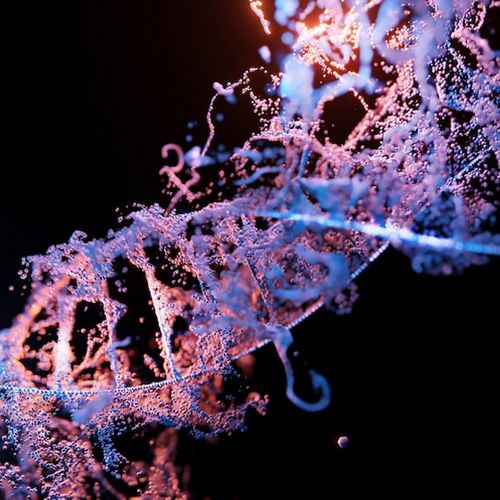Genetic Breakthrough on Bipolar Disorder
Jun 21, 2023 · 2 mins read
0
Share

Genetic Breakthrough on Bipolar Disorder
A genetic study conducted by the Stanley Center for Psychiatric Research at the Broad Institute of MIT and Harvard has identified a gene called AKAP11 as a strong risk factor for both bipolar disorder and schizophrenia.
Save
Share
The study compared the DNA sequences of approximately 14,000 individuals with bipolar disorder to 14,000 healthy controls, identifying rare gene variants that result in dysfunctional proteins associated with the condition.
Save
Share
This is the first time a gene with large-effect mutations for bipolar disorder has been discovered, offering valuable insights into the condition's biological mechanisms.
Save
Share
The AKAP11 gene variants increase the risk of bipolar disorder several-fold, making it the strongest genetic risk factor found to date.
Save
Share
The AKAP-11 protein interacts with a molecular pathway that can be affected by the drug lithium, suggesting potential clues to how lithium works in treating bipolar disorder.
Save
Share
The findings open up new avenues for research on the causes of bipolar disorder and the development of novel therapies. Researchers are creating cellular and animal models with altered forms of the AKAP11 gene to study its molecular and behavioral effects.
Save
Share
Collaboration with the Schizophrenia Exome Sequencing Meta-analysis (SCHEMA) consortium further revealed protein-truncating variants in the AKAP11 gene that significantly raise the risk of bipolar disorder.
Save
Share
The study also explores the potential of AKAP-11 or its molecular partners as biomarkers for diagnosis and personalized treatment selection.
Save
Share
Continued large-scale studies aim to identify additional genetic risk factors for bipolar disorder and further improve understanding and treatment options for the condition. This finding offers hope that someday there may be more robust treatment and possibly even prevention.
Save
Share
If you enjoyed this Memo, follow me @sciencesimplified for more scientific findings made simple. You should also check out this similar Memo that I think you'll love:
Save
Share
0